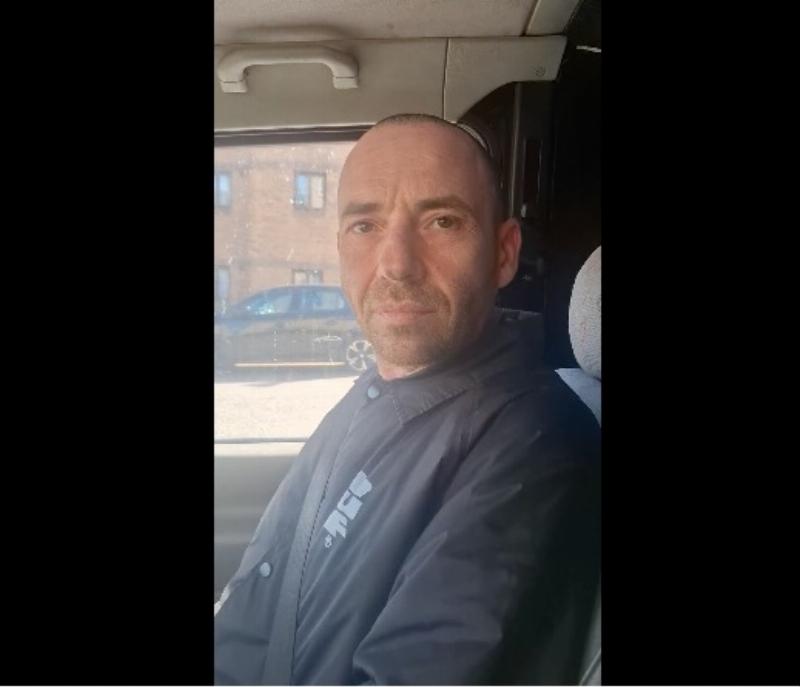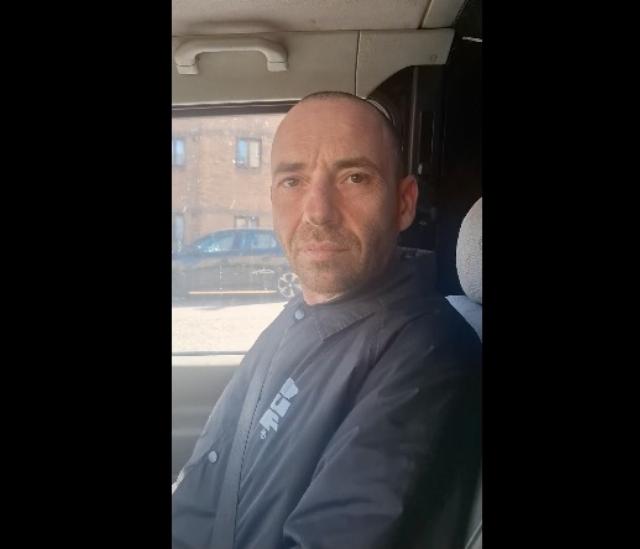


In an interview with me, a local resident of Dundee has detailed the police disinterest that he encountered when reporting a profoundly concerning instance of child sexual exploitation that he had witnessed first-hand.
This stands in stark contrast with the speed and intensity of the police response after Scottish Lassie was filmed taking her viral stand in Dundee: Local police officers rushed to arrest, charge, and report her for the mere crime of possessing a knife, even though the widely viewed video footage showed she was clearly acting to defend her sister.
Initially, the police signaled that they would not charge anyone else in relation to the incident, only to do a U-turn, over a week later, and only after global outcry. Then, they decided to charge two unnamed adults with unspecified offences.

Police Scotland rapidly mobilized its PR machinery to warn about purported “misinformation” circulating online about the incident. Scotland’s political leaders then stepped up to amplify this warning, bizarrely accusing Elon Musk of trying to “undermine that sense of cohesion in our communities” and stoking “fear and alarm” by posting about the incident.
The entire machinery of the state was applied to criminalize Lassie and berate those voicing support for her. But what does the very same machinery of state do when confronted with reports of child sex trafficking?
Dundee-born and bred local resident Tom Magill knows from personal experience. While sitting in his car in the rundown Hilltown neighborhood in Dundee, a girl who looked to be about 15 randomly approached him and propositioned him for prostitution. He declined the child’s offer and immediately parked up at the street corner and phoned the police.
Meanwhile, the girl got into a van with an older non-white man, whom Magill does not believe is local to the area. Magill attempted to intervene to save the girl, trying to follow the van and recording it as it drove away.
Magill then headed to Dundee’s West Bell Street police headquarters. There, he handed over his footage to officers, who briefly checked the van’s license plates, discovered it might have been a hired vehicle, and proceeded to “assess the area.”
Magill was then asked to wait around for two and a half hours for two specialist officers, to whom he retold what he had witnessed, and to whom he showed his recordings for a second time. “Then,” said Magill, “they said that’s fine and off you go,” adding, “I don’t think they were interested in anything to do with what I was saying to them at the time, no.”
Magill later phoned the police to follow up, and was told by the police that there was no CCTV footage available from the area, even though there are numerous shops around the locality, some of which have CCTV systems facing the street. “They weren’t interested, no... I wasn’t happy with the response,” Magill recounted. He was eventually promised a call back by a police constable, but he says no one then got in touch with him.
“Dundee right now is in a really bad way, the crime, the people, the drugs,” Magill explained to me.
Given the priorities that British police and Britain’s metroliberal political elites seem to have, that may not be all that surprising. Would Britain’s woke cops have kept anyone waiting for two-and-a-half hours if he had been there to report a case of “online misinformation,” “misgendering,” or “hate speech”?
Police Scotland seems in no rush to answer questions. When I contacted them for comment, they did not reply, even though I had given them several days before this essay was to be published. Even after Police Scotland finally decided to charge two adults in connection with the Scottish Lassie incident, they did not actually provide the identities or nationalities of the two adults charged, and refused to “confirm the exact charges against the man and the woman” even to British TV broadcasters.
While the police and the media in Scotland are restricted from identifying under-18-year-olds in criminal cases, there are no privacy laws in Scotland that prohibit the public naming of adults charged with crimes and the publication of the specific charges against them.
Of course, social media users will still try to guess who exactly was charged and what charges were brought, but newspapers and broadcasters in the UK won’t take the risk of an educated guess, meaning their coverage is essentially stifled by Police Scotland’s inexplicable lack of transparency.
Scotland’s arcane and censorious Contempt of Court laws have created a wider environment of self-censorship in Scotland’s media, extensively restricting media reporting about criminal cases. Similar laws exist in other parts of the UK, too.
Prominent bloggers in Scotland have been jailed for the frank way in which they covered politicized criminal trials. In the case of Scottish Lassie’s viral video, Dundee’s local newspaper-of-record, The Courier, recently claimed that “publishing the footage is not an option—it would almost certainly break the law.”
By this point, millions of people across the world had seen the footage, but publishing it locally was deemed impossible. Scottish Lassie’s mother has also given an interview to The Courier, which, as far as is known, is the only media interview she has ever given about the incident. However, the newspaper claimed that it was unable to print the interview in its entirety: “We are not in a position to publish a full interview with her.”
The Courier, a relatively small local paper by UK-wide standards, isn’t the cause of this trend. It is merely downstream from a wider phenomenon, namely, the self-censorship originates with Britain’s much more influential national media.
The disaster that is unfolding in Scotland and across the UK is not one purely caused by the woke political establishment. Across the world, even in developing countries like Mongolia, brave journalists like Unurtsetseg Naran are ready to risk imprisonment on censorious charges such as “spreading false information” and “contempt of court” for their reporting on corruption and social problems.
Yet, Britain’s national media, with all its much greater financial resources, has chosen to simply roll over and censor itself. These outlets aren’t just depriving locals of the full story. They are creating a civilizational void in which docility, not the future of Britain’s children, matters.
